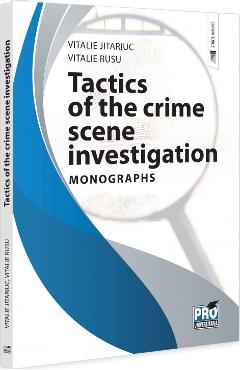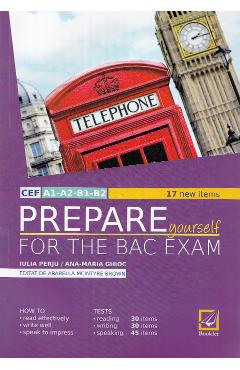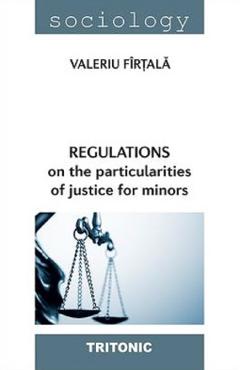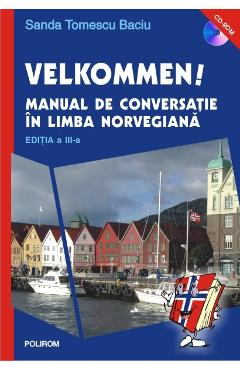In the context of the increasing professionalism of criminals and the difficulties encountered by criminal prosecution bodies, on-site investigation plays an essential role in the investigation of crimes. This criminal prosecution action is fundamental for obtaining evidence, modelling the criminal mechanism and identifying the perpetrators, having a significant evidentiary value.
On-site investigation involves a complex set of tactical and technical methods, adapted to the specifics of each crime. The results, obtained in this process, constitute the basis for the subsequent direction of the criminal investigation, especially in complex cases such as contract killings, kidnappings or acts of terrorism.
Also, the correctness and thoroughness of carrying out this action are decisive for the success of the investigation, given that the information, obtained in this context, is often impossible to recover from other sources. The study emphasizes the need to improve regulatory regulations and professional training of specialists, involved in these activities.
The research provides practical and theoretical recommendations for optimizing on-site investigation actions, thus contributing to the development of criminal procedural regulations and forensic tactics. The analyzed monograph represents an important contribution to the understanding and improvement of tactical-forensic procedures, related to on-site investigation, being a valuable tool for practitioners and researchers in the field of criminal law.
Tactics of the crime scene investigation. Monographs

Detalii:
In the context of the increasing professionalism of criminals and the difficulties encountered by criminal prosecution bodies, on-site investigation plays an essential role in the investigation of crimes. This criminal prosecution action is fundamental for…
59
LEI
In Stoc
Anul aparitiei:
2025
ISBN:
9786062620523
Recenzii
5/5












